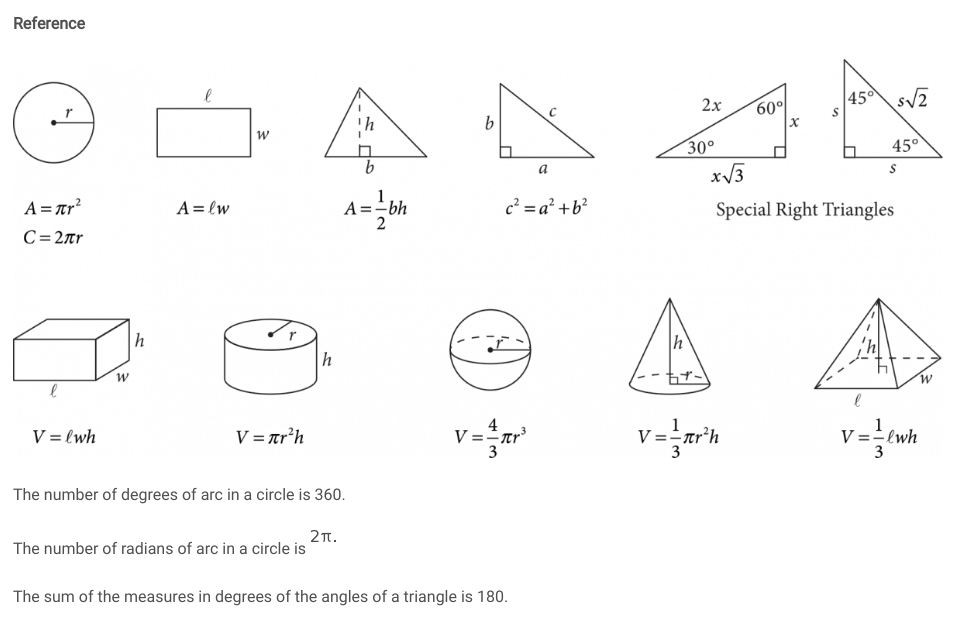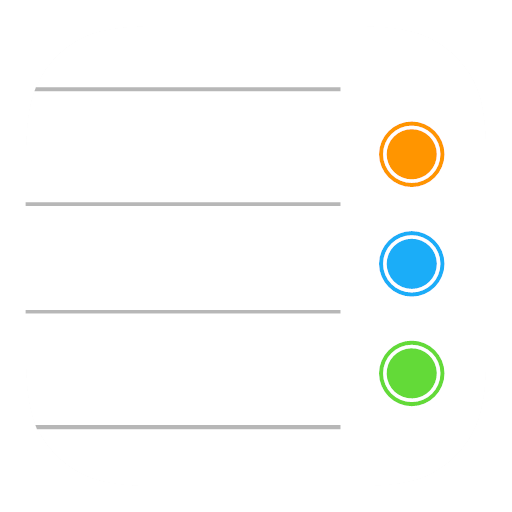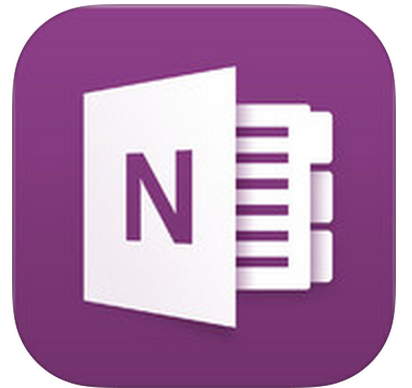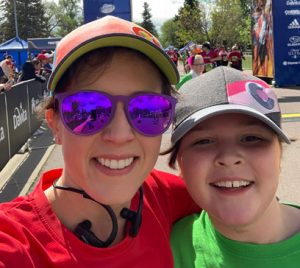
Jeff Ward
Principal Engineer, Woot Tutor & Woot Math
Crush the SAT with these Brain Hacks
Let Your Brain Work Its Magic
What’s the first thing you should do when presented with an SAT math question? Especially those long word problems. You may have heard some tips that suggest reading the answers first, or reading the last line of the question, or underlining key information in the question. All those things can be helpful, but be careful. You can easily get confused by focusing on one piece of information too quickly, without the context of the whole problem.
Before you jump into details, take just one second and glance over the whole problem. Glance at the answers. What is this problem looking for? A number? An equation? A longer sentence (don’t read them yet!) Glance at the figure. What information does it provide? A linear graph? A geometric figure? A table of data?
In that moment, your brain is instinctively gathering high-level clues, building the critical context to shape your thinking. This works because your brain is hard-wired to quickly recognize past experiences, preparing you for the task at hand. With these bits of context in your mind, go ahead and read the problem through, carefully and attentively. Feel free to mark important information or keywords along the way.
When you take time to glance at a problem, you are better equipped to recognize what’s important.
Your Brain’s Achilles’ Heel
The enemy to your brain’s natural functioning is stress. During the SAT, you might be stressed if you feel like you aren’t ready, that time is running out, or start doubting your answers. You might be afraid that you aren’t going to get a certain score.
You start to sweat. You stop being able to focus. AHHH!
We’ve all been there, and it’s a terrible feeling. Stress shuts down your critical thinking and reasoning, and engages your fight-or-flight response. The more you focus on that anxiety, the more your brain shuts down. Having those thoughts is normal; you’re not alone.
The key is to recognize your doubts and fears, take a deep breath, and choose to shift your thinking to focus on the positive.
Your Secret Weapon: Confidence
The opposite of stress is that calm, cool confidence that comes from being prepared. The assurance of knowing you’re ready. The little voice that says, “You are going to crush this test!”
In fact, you are going to crush it! How do I know? Because you’re preparing right now! And think of this – you’ve been preparing in school for over 10 years! That’s thousands of hours across dozens of math topics. Your brain has a literal treasure trove of past experiences to build on.
Do you feel the confidence growing? You should! You’ve come a long way.
The preparation that you are doing right now is gold. Repeat after me, “Goodbye, stress. I am going to be ready, and I’m going to crush the SAT.”
The confidence that comes from being prepared – from doing the work to get ready – is gold.
Preparing for the SAT Math Test
One great way to prepare for the math SAT is to review the College Board website (the authors of the SAT.) They provide a sample math exam which is an ideal way to learn what to expect.
For example, the site shows the standard crib sheet that is provided during the SAT:

Awesome, that’s a dozen things you don’t need to memorize! They also note that some questions require fraction and decimal answer input, giving a few examples of each:

Simply knowing what to expect reduces the surprises and stress on test day.
Don’t Go It Alone: SAT Bootcamp
It can be overwhelming to prepare for the SAT on your own. That is why Woot Tutor created an intensive, 4 week SAT Bootcamp. The course focuses on the math portion of the SAT. It provides live tutoring with an expert and feedback on daily math practice.
Your instructor will help you build your confidence, reviewing typical types of problems and brushing up on concepts that you might have forgotten. The course culminates with a full practice test and a 1-on-1 personalized plan for success. Since our tutoring platform is entirely online, it’s convenient and affordable. You can get the preparation you need right from your home!
If you’re taking the SAT this summer, sign up now for our Spring 2020 bootcamp!































